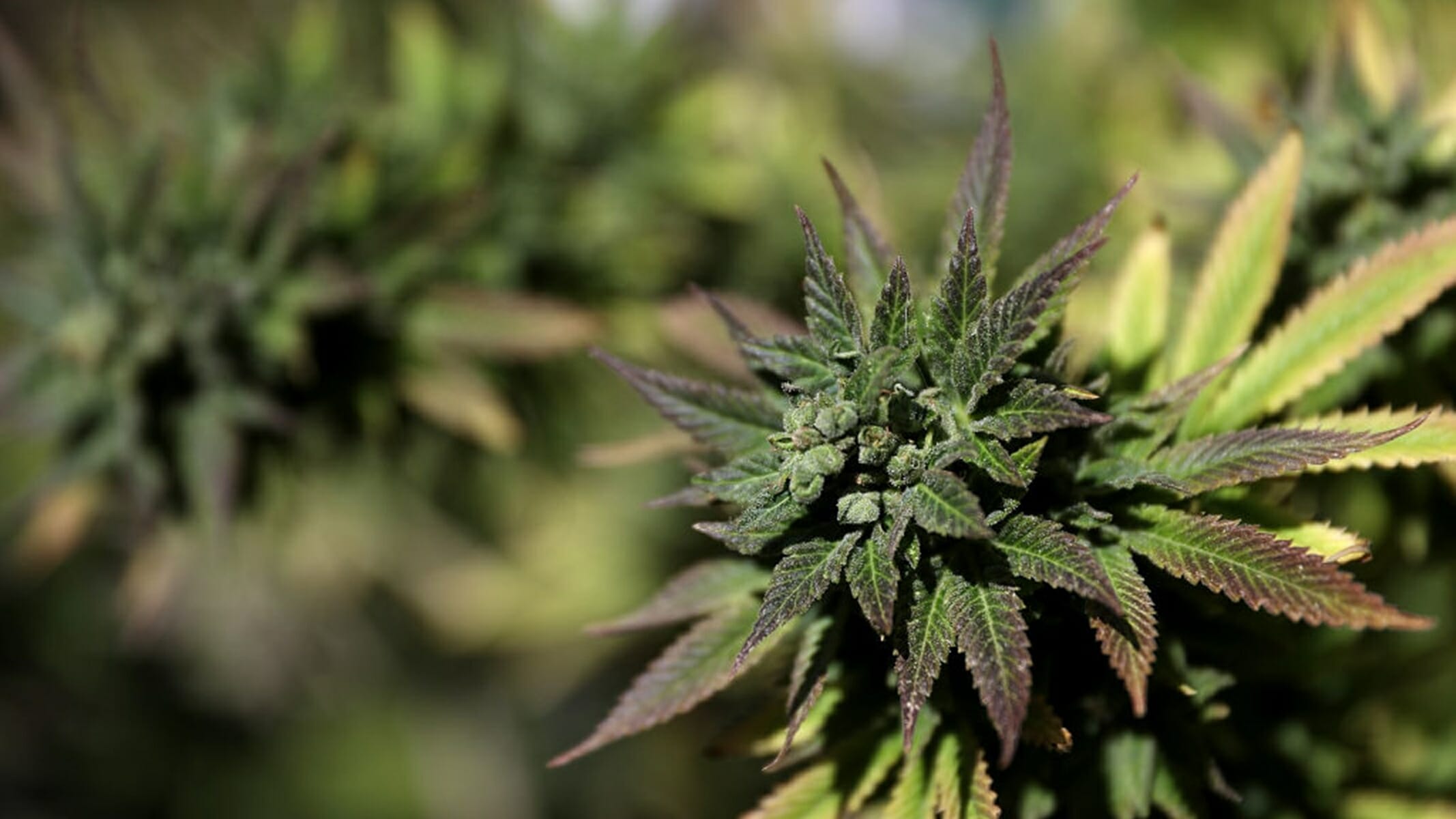Marijuana Is A Logical Starting Point for Reparations
Photo by Justin Sullivan/Getty Politics Features Reparations
This is what the War on Drugs looks like.
Mind-boggling. In an inordinate number of American counties, marijuana arrests are a significant portion of what the police do every day. https://t.co/5BIGxN8F3kpic.twitter.com/q7ZE3tKfWr
— David Menschel (@davidminpdx) April 16, 2019
This staggering figure comes from The Washington Post, in an article published today that details marijuana enforcement in America. Per WaPo:
“While drug war proponents often say they’re going after kingpins, the reality is that the police nearly always goes after the lowest-hanging fruit: people who use drugs — especially marijuana, which is easy to find — or bit players in the drug trade,” said Maria McFarland Sánchez-Moreno, executive director of the Drug Policy Alliance, a group that supports marijuana legalization.
Diane Goldstein, a former lieutenant commander with the Redondo Beach Police Department in California, told the Post that “The status quo allows law enforcement and their associations to profit in many ways. Marijuana continues to be an easy way to create probable cause for searches, arrests and civil asset forfeiture.”
Civil asset forfeiture is when the cops can seize your money or assets without charging you with a crime (they charge your property with a crime), and it is incumbent upon you to prove your innocence in order to get your property back. There is a severe lack of reporting requirements about how much stuff cops take from citizens every year, but per Harvard Law Review, “the Justice and Treasury departments received nearly $4.5 billion in forfeiture proceeds in 2014; individual states have taken in as much as $46 million in a single year from the practice.”
Here are some more depressing stats about the War on Drugs.
— The average wealth of a white American is 713% more than that of a black American. Median white wealth is 1,217% higher than median black wealth.
— The United States spends over $50 billion annually on the War on Drugs.
— Even though all races use drugs at the same rate, 57% of those incarcerated for a drug offense in state prisons are black or Latinx (both minority groups comprise 31.1% of the population).
— Of people charged by the federal government with selling powder cocaine in 2016, 30% were black, 62% were Latinx, and only 7% were white.
— Of people charged by the federal government with selling crack cocaine in 2016, 83% were African American.
— White people get tons of sympathy in the media for America’s present opioid epidemic, but only 16% of offenders in federal heroin cases were white, compared to 40% black and 42% Latinx.
— 97% of people charged with drug crimes plead guilty.
— 41 U.S. states have higher incarceration rates than Vladimir Putin’s Russia.
— The United States jails more of its people than anyone in the world, housing 22% of the globe’s prisoners, yet only 4.4% of its population.
— Roughly half of our prisoners are non-violent drug offenders.
With the national legalization of marijuana on the horizon, we have a serious opportunity to right some fundamental wrongs. Marijuana legalization has so far followed gentrification, as the number of articles detailing white folks’ new marijuana ventures is seemingly endless. The black and Latinx communities have shouldered the undue burden of marijuana enforcement, and so they should be the first in line to benefit from its legalization.
The more I read about the history of slavery in this country, the more convinced I am that we need reparations specifically for slavery with separate restitution for modern racism. If we concede in any way to the idea it was too long ago, we’re never going to reckon with it.
— Osita Nwanevu (@OsitaNwanevu) April 16, 2019
The racism embedded into the fabric of this country is one continuous string, with different variations to meet the legal standards of its time. For example, after Jim Crow was “defeated” by the Civil Rights Act, a few years later, the War on Drugs arrived with Richard Nixon. Each of these periods have done immeasurable damage, and we must treat them as both era-specific evils and a legacy of slavery, because 2019 America has proven that if we do not learn from the mistakes of the past, we will repeat them in the future. If we are the country we claim to be, reparations must be paid out to those we have wronged, and giving the communities targeted by the War on Drugs a head start in the emerging billion-dollar marijuana market is a good starting point for a long overdue conversation that America needs to have.
Jacob Weindling is a staff writer for Paste politics. Follow him on Twitter at @Jakeweindling.